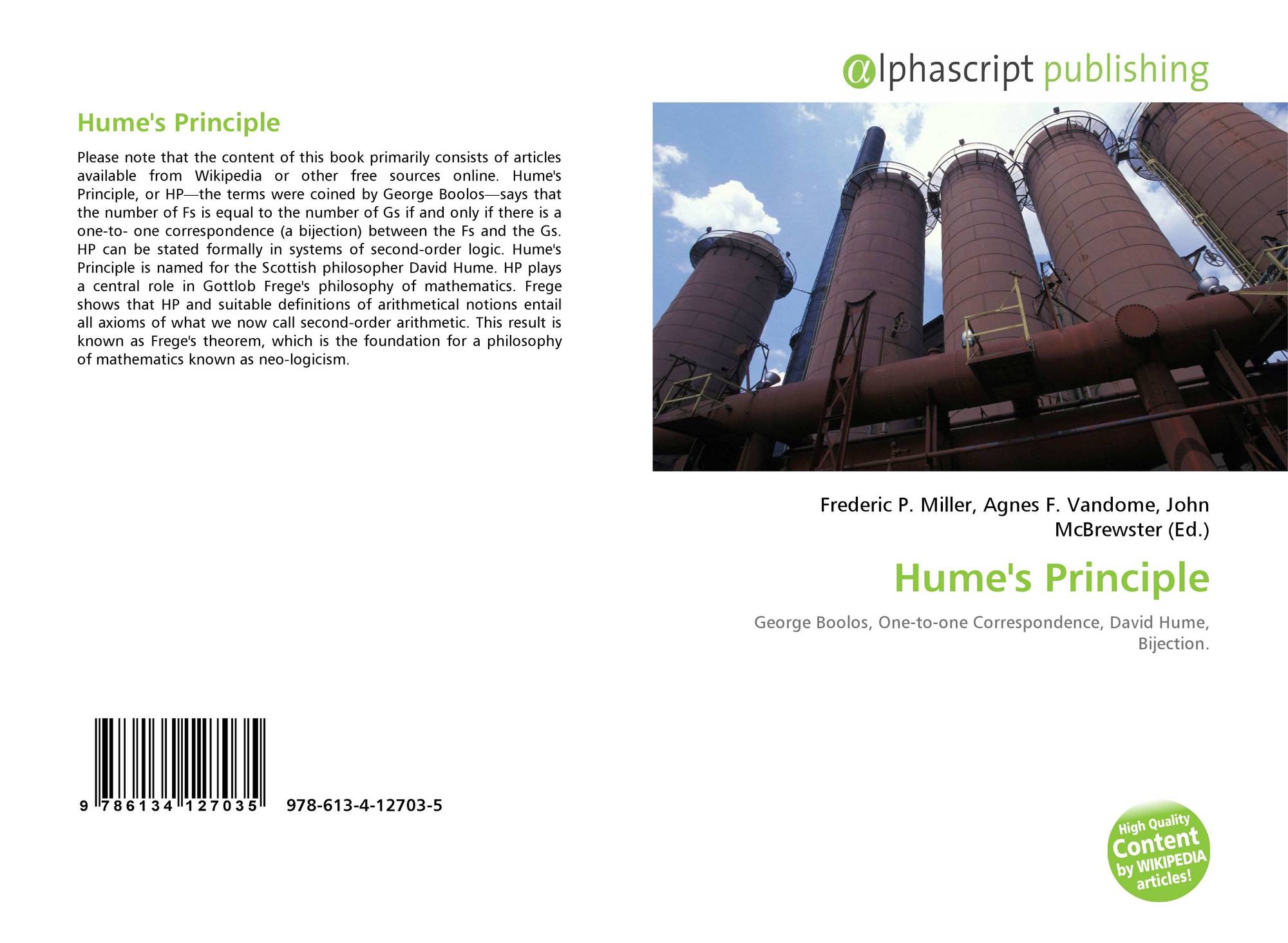Right! excellent: The Basis Of Hume s Theory
| The Application Of Fractal Geometry To Ecology | 646 |
| The Basis Of Hume s Theory | The O 1 Bird Dog |
| DYNAMIC FIGURES IN CHURCH HISTORY I | 256 |
| The Welfare Agency | 1 day ago · Empiricism In David Hume's An Enquiry Concerning Human Understanding Words | 7 Pages. In David Hume 's "An Enquiry Concerning Human Understanding", Hume discusses the concept of empiricism. Empiricism, is the epistemological theory that people can gain knowledge through their senses; the experiences collected is through the senses. 3 days ago · Hume & Simple Subjectivism David Hume () Major Works: A TREATISE OF HUMAN NATURE (, ) AN ENQUIRY CONCERNING HUMAN UNDERSTANDING () AN INQUIRY CONCERNING THE PRINCIPLES OF MORALS () David Hume is often called the "wrecking ball" in the history of western philosophy for his relentless and well . 5 days ago · Finally, I will give a critique of Hume’s theory from Hobbes’ perspective. Hume’s take on human morality is a very interesting one indeed to contemplate. His main argument on the topic is that the morality of humans is totally derived from sentiment, and in no way has anything to do with reason. |
![[BKEYWORD-0-3] The Basis Of Hume s Theory](https://images.our-assets.com/fullcover/2000x/9786134127035.jpg)
The Basis Of Hume s Theory Video
David Hume - Politics - Political PhilosophyAfterwards, I will discuss what he considers that moral judgments are founded on. His main argument on the topic is that the morality of humans is totally derived from sentiment, and in no way has anything to do with reason. He first defines sentiment and reason.

He says that the former refers to passions such as emotions, feelings, appetites and desires. Then he also goes on to categorize the passions as being either calm or violent.
David Hume's Theory Of Knowledge Essay
And according to him, it is our passions that lead us to action. Then he defines reason as, what we can say, are ruminations of the mind, which source beliefs, thoughts, conclusions of arguments, etc, and declares that these can be true or false.
It is with these definitions in mind that Hume goes on to make the statement that passion and reason cannot oppose each other. Because passions The Basis Of Hume s Theory original existences, Tje are neither reasonable nor unreasonable though they are the dominators of our actions.
Reason cannot contradict passion because this The Basis Of Hume s Theory be an internal disagreement of ideas, which are considered as copies of the object which they represent, i. He states though that a passion can be called unreasonable if it is founded upon a false supposition or chooses insufficient means for the required end Hume 43 column 2 paragraph 2but when one perceives Theort the supposition is false or the means are insufficient, then the passion yields to reason without any opposition whatsoever Hume 43 column 2 paragraph 2.
He also says that reason can have an indirect impact on passion. He also states that there are actually two categories of virtues: those that are intellectual and those which are moral.
Navigation menu
Intellectual virtues refer to those characteristics that lead one to think or reason well, and aBsis experience and time. Moral virtues, on the other hand, are those characteristics that perfect our character and are acquired through habit Aristotle 54 column 1 paragraph 4. These habits are the basis of actions, thus determining what one does in particular situations. The same can be said for Aquinas as was said for Aristotle.
Post navigation
Here is where he can be compared to Hume who says that passions are original existences that cannot conflict with reason, which is based in facts as known by the human. Unlike many other philosophers, especially the classic ones, Hume disputes the claim that morality is founded on reason. Since our actions, which can be evaluated as being morally laudable or blamable, cannot be produced or prevented by reason, moral judgments cannot be derived from reason. To determine what Hume believes morality is Thwory from, there is a need to define facts and values, and to see how these fit into the spectrum of his conclusion. Facts are things known and can be described. However, values are subjective feelings about the facts.
Order Now to Get The Answer
So there is a huge difference between what each of them refers to. No matter how you may examine a morally wrong action, at no time can you ever find a matter of fact which Or call vice. As long as you consider the object itself, you will never find that which is called vice.

That thing which arises in you Humd a fact, but it is an object of feeling, not reason Hume 44 column 1 paragraph 3. Basically, Hume is saying that there is no way to say that an action willed by someone can be called factual, since there is nothing true or false about it, but it is the way someone feels about that action within themselves that gives the action moral value.
And human nature comes equipped with the basic sentiments of sympathy or benevolence toward humankind in general, and this is what leads us in making moral judgments.]
It is a pity, that now I can not express - it is very occupied. But I will return - I will necessarily write that I think on this question.
I apologise, but, in my opinion, you commit an error. Write to me in PM, we will communicate.